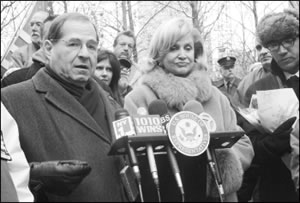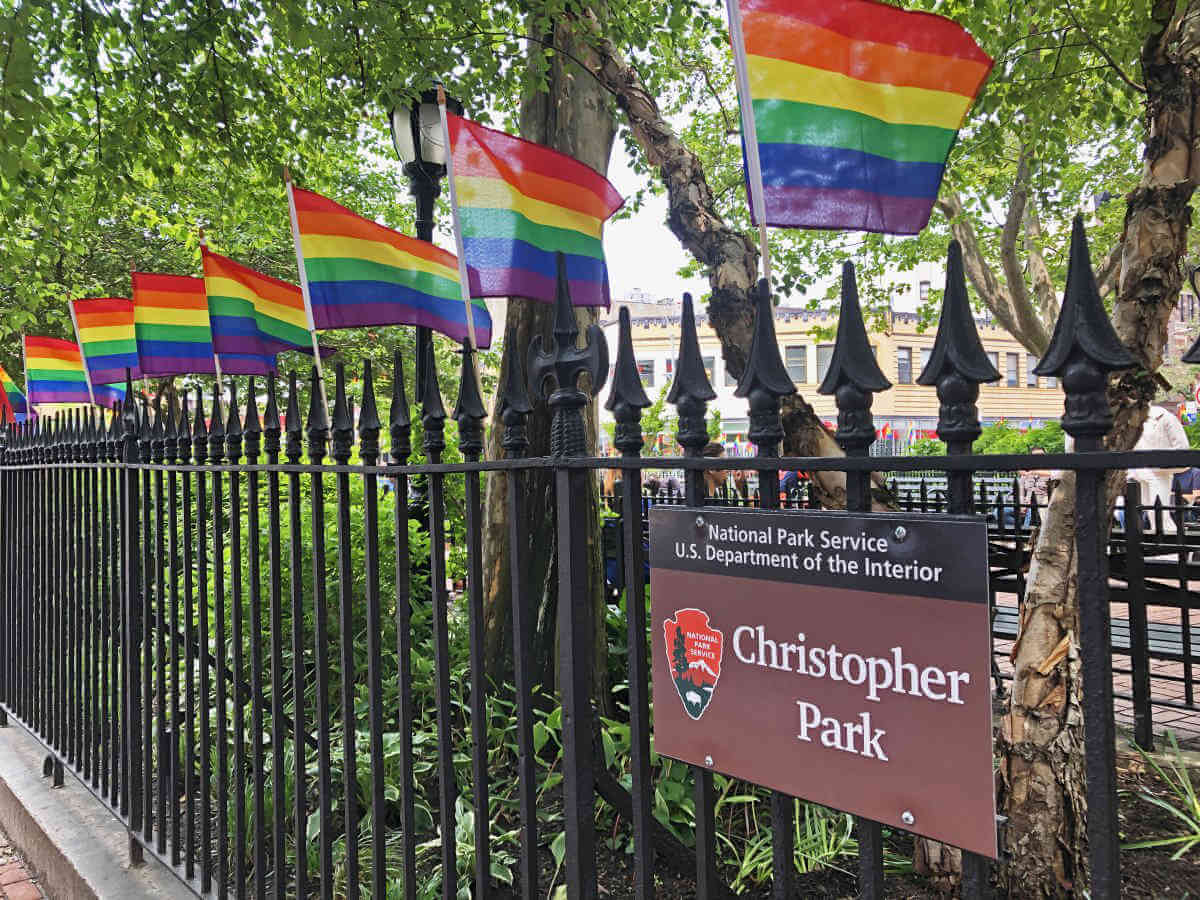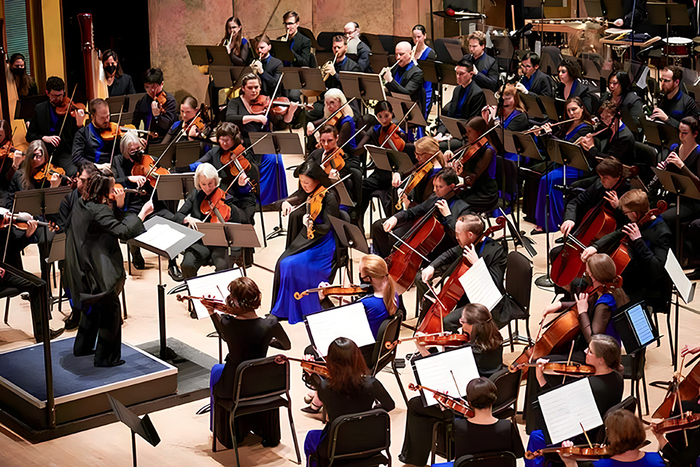BY Aline Reynolds
Members of the New York Congressional delegation are desperately trying to secure the passage of the 9/11 Health and Compensation Act before the New Year, when the make-up of Congress will change and Republicans will gain control of the House. Their desperation is due to last week’s move by Republican senators who chose to enact a filibuster until the Bush tax cuts were extended across the board.
The bill, named after New York Police Department detective James R. Zadroga, is designed to provide continued annual funding to health care centers for sick 9/11 workers, as well as those who lived and worked in the contaminated area for months after the attacks. The bill passed the House floor last September.
Last Friday, hordes of reporters and 9/11 workers huddled around a podium across from 7 World Trade Center to hear Congresswoman Carolyn Maloney and Congressman Jerrold Nadler, co-sponsors of the House version of the bill, speak out in support of the bill’s passage. Maloney and other Democrats perceive the Republicans’ opposition to the bill as a treacherous act towards those who sacrificed their lives and health on 9/11.
Sixty-two-year-old Bill Ferraro was also present at the press conference. Prior to 9/11, he had a clean bill of health. On the day of the attacks, the union ironworker, who helped build the Twin Towers in the 1960s, rushed to the site of the attacks to help. He has since been diagnosed with silicosis and asbestosis, respiratory diseases caused by inhaling silica dust and asbestos fibers.
“This is my new friend,” said Ferraro, pulling out an inhaler from his pocket.
Ferraro still works, but his limited lung capacity hampers him considerably. He and tens of thousands of other individuals were exposed to airborne toxins in the days after the attacks.
“Health care should not be held hostage to partisan politics,” Maloney said at the press event. Blocking Zadroga’s passage, she added, is a “moral outrage.”
Nadler said Thursday’s vote was a punch in the face to all the workers that saved lives on 9/11. “They said to the heroes, ‘we don’t care about you, we don’t recognize you.’”
The politicians said that in order for Zadroga to have a chance of ever reaching President Obama’s desk, the Senate must take action immediately, before the new, Republican-dominated Congress convenes on January 5.
Senators could theoretically vote on Zadroga through January 4, the last day of the current Congress, with or without it being attached to the tax bill, according to Ilan Kayatsky, Nadler’s spokesperson. But, since the chances of Zadroga passing as a stand-alone bill are slim, the politicians are looking into a number of different legislative strategies to get the bill to a final vote before then.
“The only way we can pass this bill is to pass it in this Congress, and the only vehicle that we know is guaranteed to have Republican support to pass it is the tax bill,” said Maloney. The tax cuts bill is legislation from the Bush administration that President Obama hopes to renew.
Another option the legislators are exploring is attaching the bill to Congress’s annual budget resolution, which Senate Republicans said they also wanted passed before considering Zadroga.
“We’re tired [of fighting], but we’re not defeated, and we haven’t given up,” said John Feal, founder and president of the FealGood Foundation, a nonprofit organization that has amassed over $300,000 to support some 800 September 11 first responders and their families.
Passing Zadroga in conjunction with the tax cuts, Feal said, would be a bittersweet victory for the 9/11 survivors. “The Republican party is extorting the rest of the federal government… to help millionaires over heroes.”
The multi-part bill, Feal said, “would be dirty and tarnished, but it would save lives.”
After the speeches, N.Y.P.D. Chaplain Jim McDade led the crowd in prayer for the Zadroga bill’s passage. They then sung an acappella version of the national anthem.
The bill originally prevailed in the House of Representatives by a bipartisan vote of 268 to 160. If signed into law, the bill would reopen the September 11 Victim Compensation Fund, which would offer economic relief to sick 9/11 workers, students and area residents. It would also secure continued annual funding for medical monitoring and treatment for them at N.Y. health clinics. The law, valued at $7.4 billion, would be fully subsidized through revenue offsets.



































